7 announcements you may have missed at the Apple Silicon Mac Event
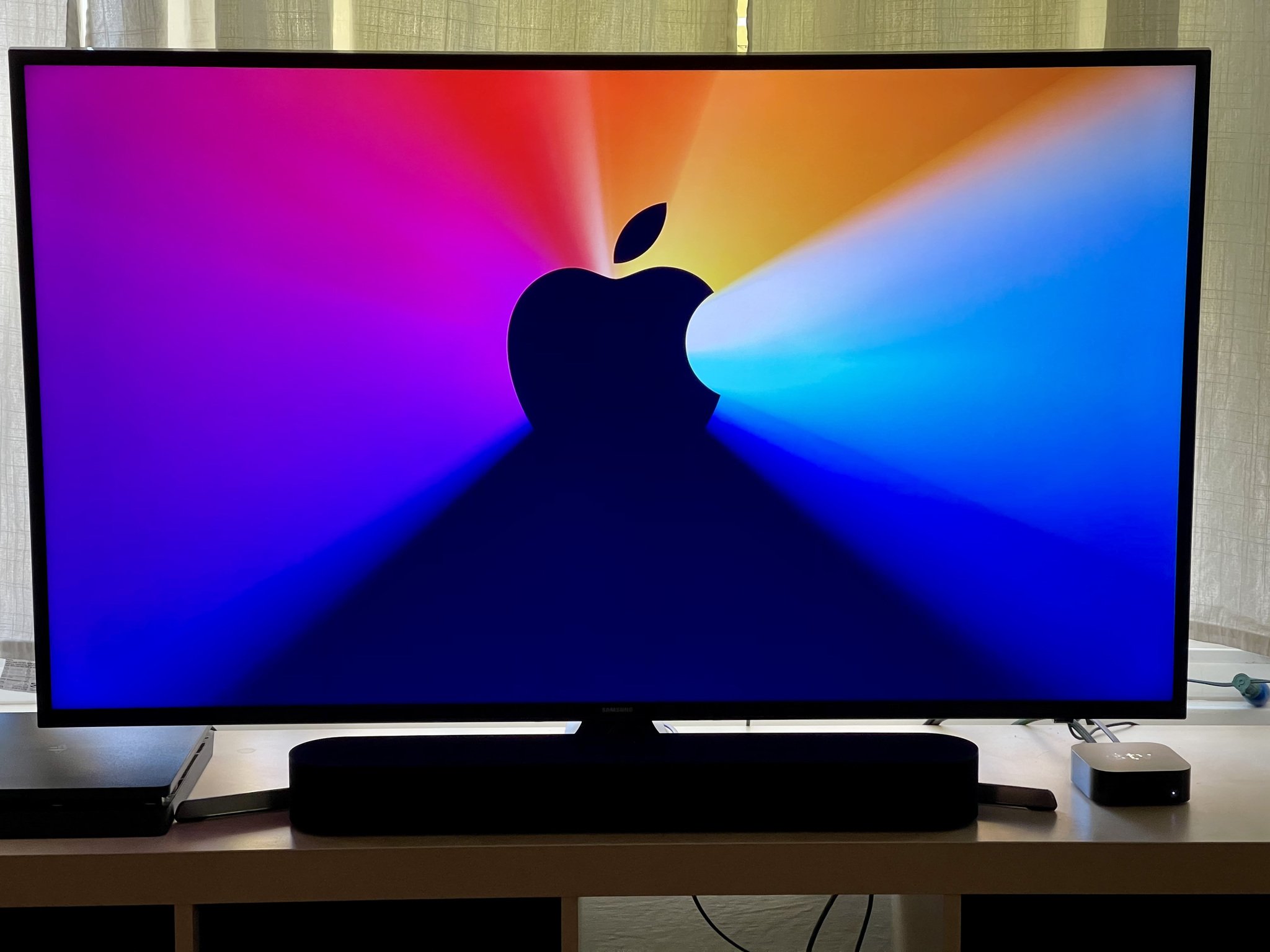
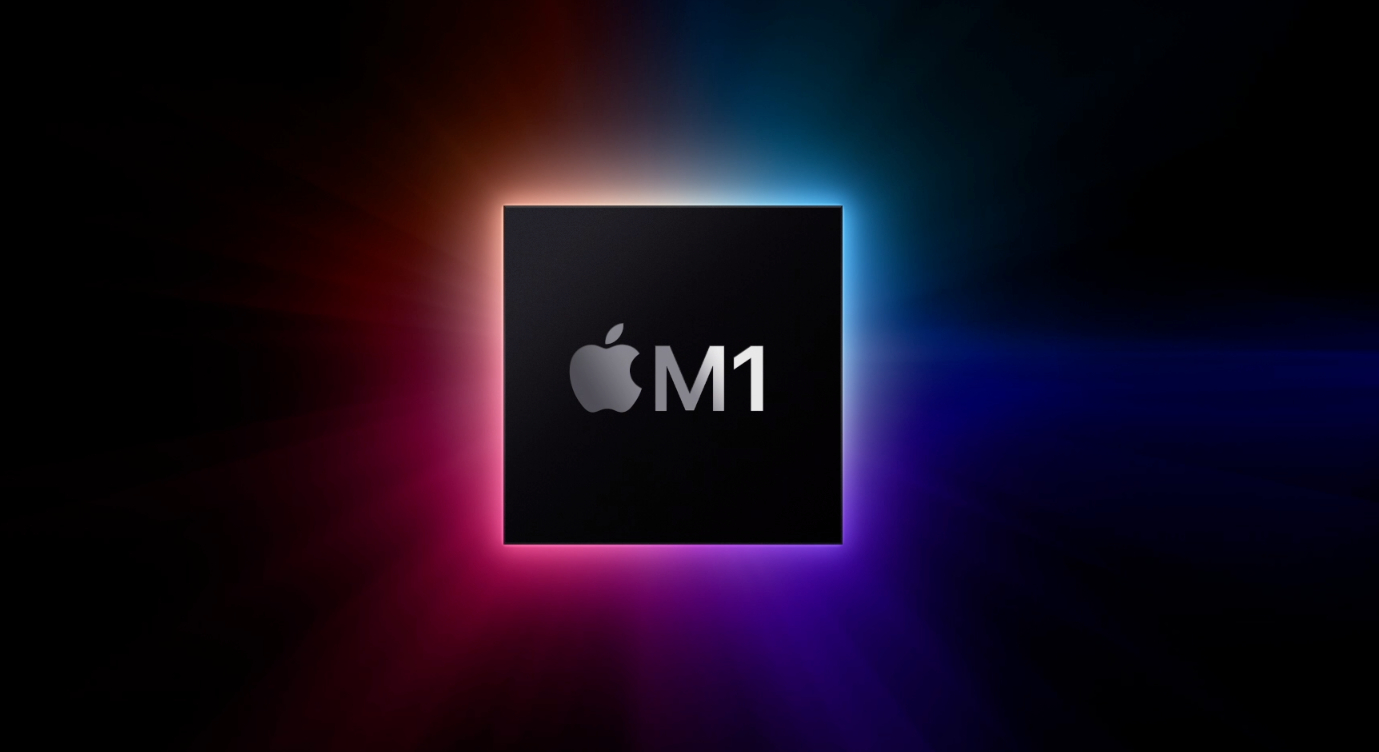
Apple's "One More Thing" event has now passed, but not without unveiling the new Apple silicon M1 System on a Chip (SoC) and accompanying Macs with M1. There was a lot to take in during the short presentation, so here's what you may have missed.
The new Apple silicon M1 Macs cannot be upgraded later in terms of memory and storage
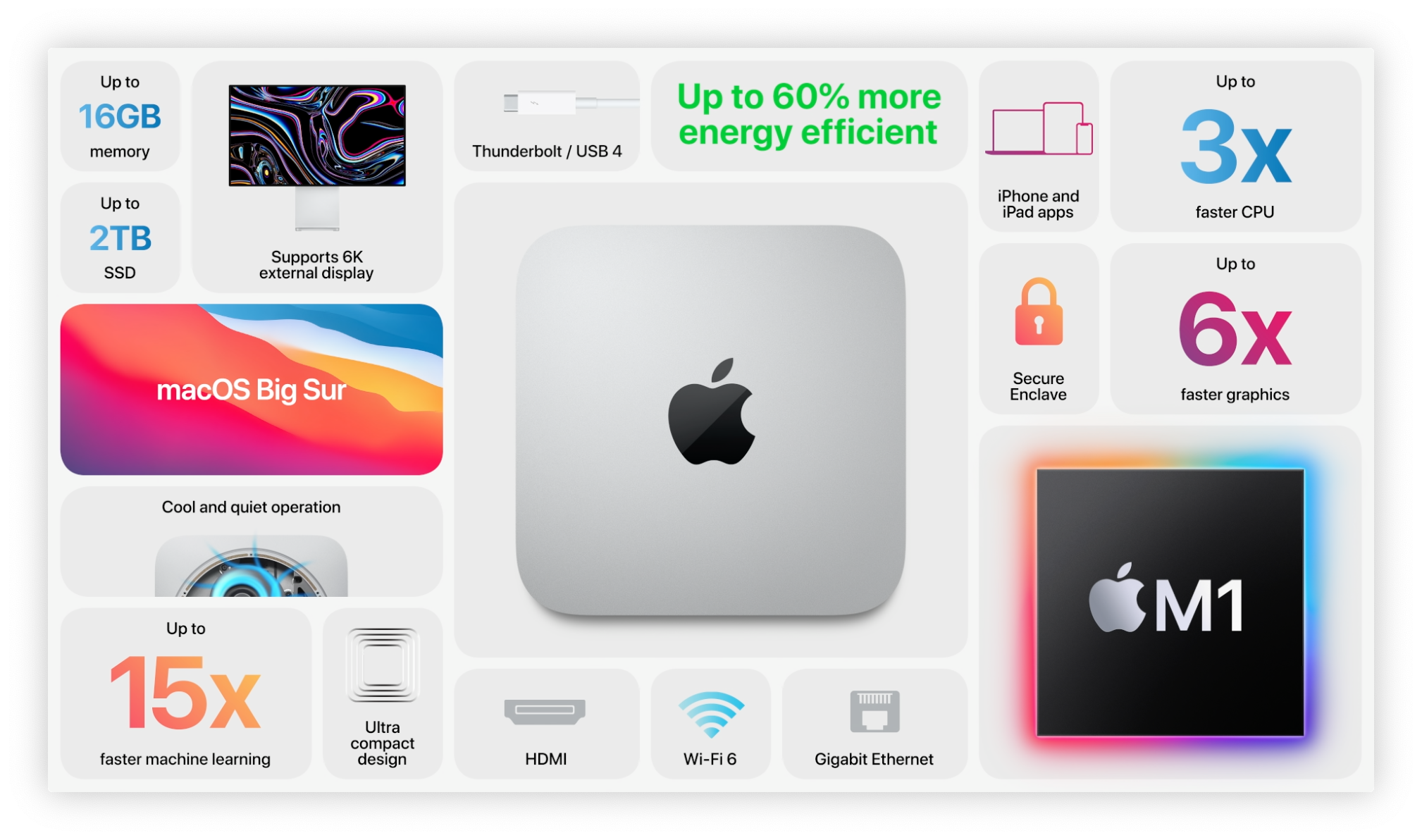
Apple's M1 SoC is going to be in the new MacBook Air, 13-inch MacBook Pro, and Mac mini. With M1, you're getting 16 billion transistors, Apple's own GPU, CPU, T2, and RAM, all in one chip. The CPU is also going to be 8-cores (except in the base MacBook Air), with four of them for power and performance, with the remaining cores geared for efficiency (using a 10th of the power of previous Macs).
However, one of the biggest issues with the new M1 chip is the fact that Apple is only giving users the option to choose between 8GB or 16GB of RAM. There is no higher configuration available, and since the RAM is on the M1 chip itself, you cannot upgrade it yourself later. Upping the RAM to 16GB also adds on another $200 to the price of whatever Mac you're choosing, so it's not cheap.
While Apple provides users with the option to upgrade the storage on their Mac when purchasing, if it's like recent Macs, you won't be able to upgrade the storage on your own since they're soldered in. But you can expand the storage with an external hard drive.
It's important to note that the M1 Mac mini will be the first Mac mini where you won't be able to upgrade the internal storage.
Apple silicon M1 Macs do not support eGPUs
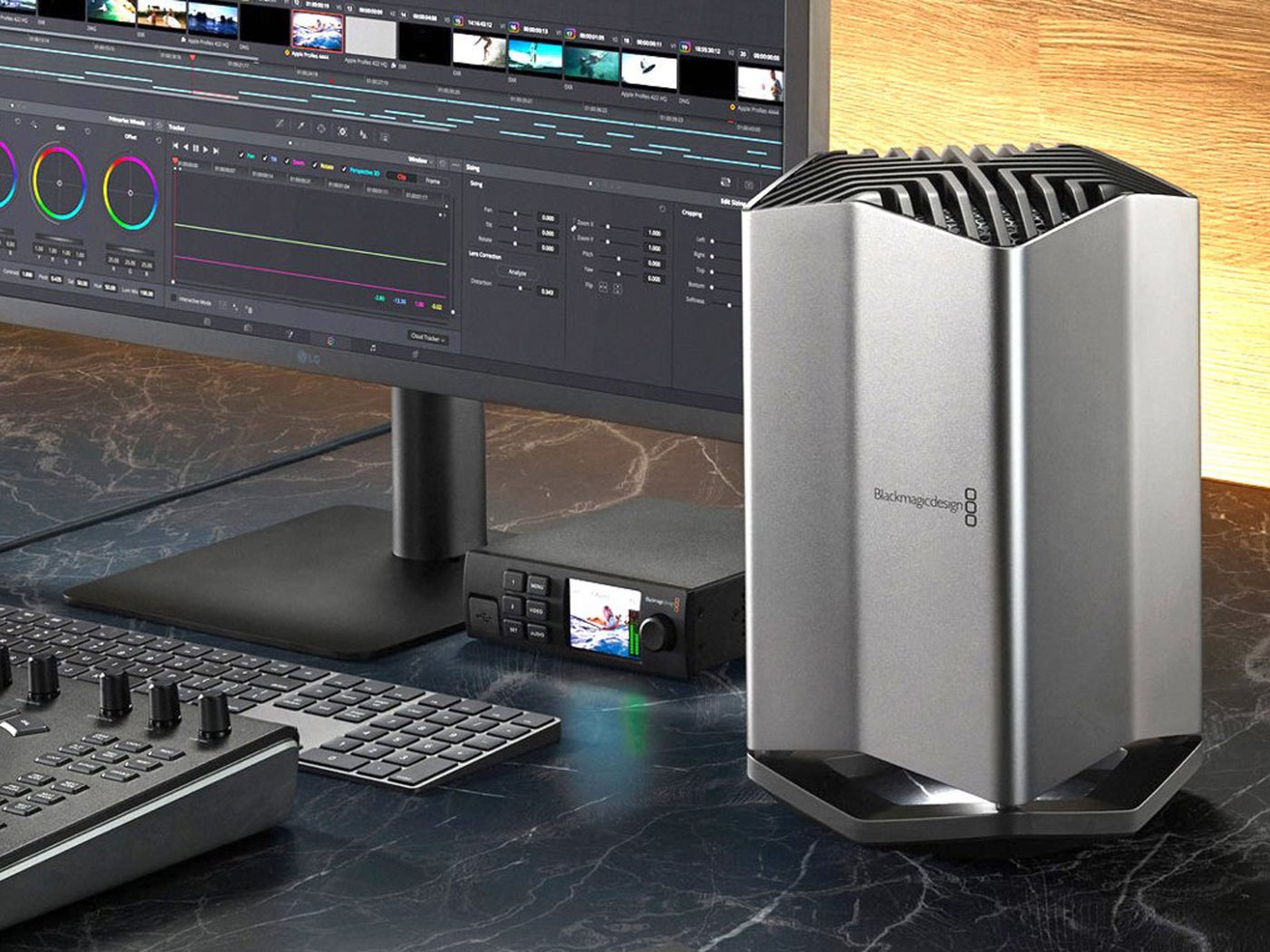
The new M1 SoC features Apple's own GPU on it, which will be Apple's most advanced GPU yet. It'll be able to run nearly 25,000 threads simultaneously thanks to the eight powerful cores. But if you were hoping to add to that with an eGPU, then you're going to be out of luck.
The new M1 Macs seem to have stopped supporting external GPUs (eGPU). So if you were hoping to augment the graphical power of a new M1 Mac, especially for gaming or heavy photo and video workflows, then you'll have to wait or pick up an Intel Mac that still supports eGPUs, as those are still being sold alongside the new M1 Macs.
Master your iPhone in minutes
iMore offers spot-on advice and guidance from our team of experts, with decades of Apple device experience to lean on. Learn more with iMore!
The M1 chip packs in a lot of custom technologies
Besides being Apple's first SoC for Macs, the M1 packs in many other custom technologies that improve the overall Mac experience. The M1 includes Apple's latest image signal processor (ISP) that delivers higher quality video with better noise reduction, greater dynamic range, and improved auto white balance.
macOS Big Sur is fully optimized for Apple silicon M1
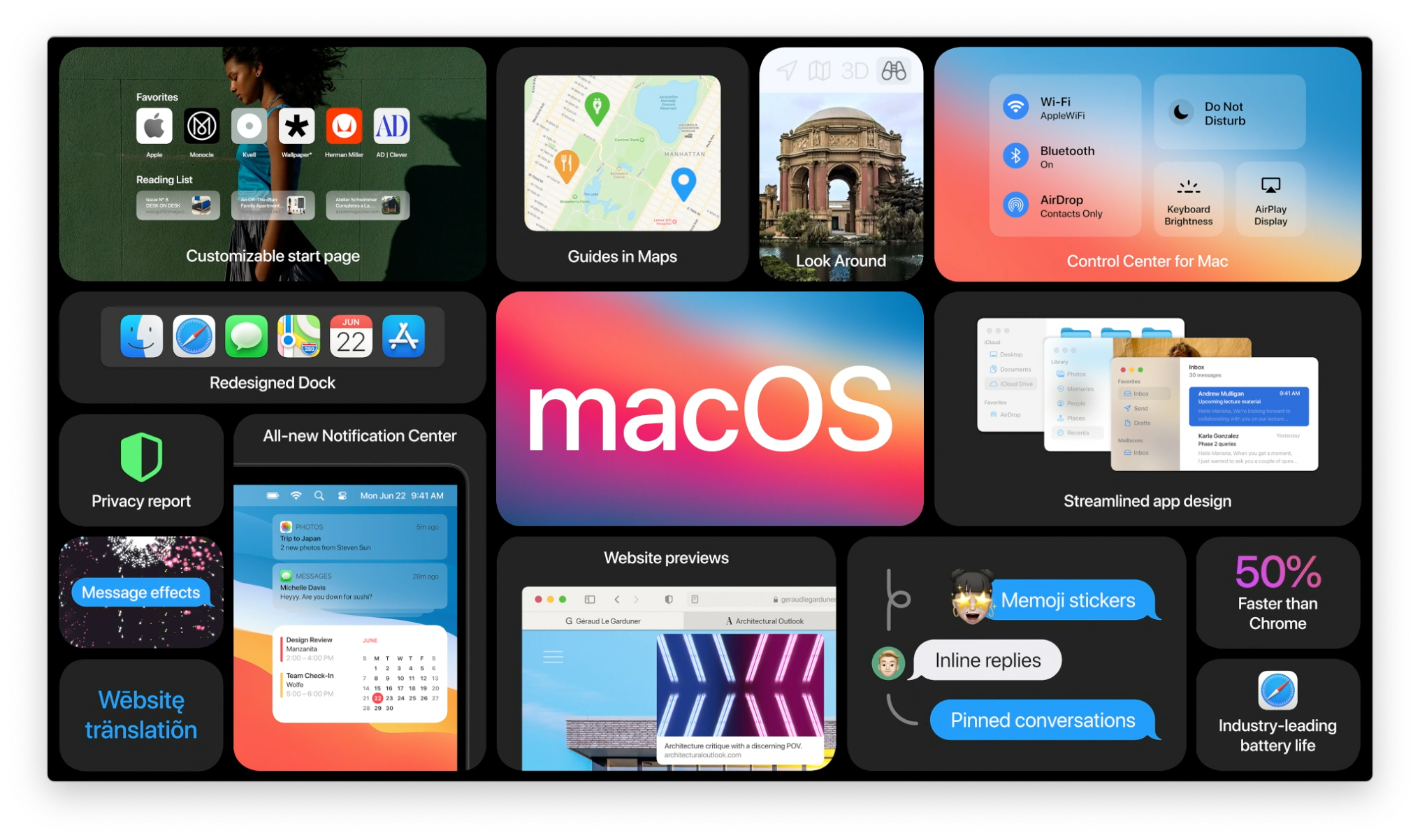
Even though macOS Big Sur is still going to be available for Intel Macs, it has been revealed that it is optimized to be used on M1 Macs for best performance. Big Sur has been engineered down to its core to take advantage of the capability and power of M1, so you'll see the best performance, battery life, and strongest security on the M1 MacBook Air and MacBook Pro, as well as the Mac mini.
Big changes involving Big Sur and M1 Macs is the ability to wake up from sleep instantly, and Safari browsing will be 1.5x faster with JavaScript and 2x more responsive.
This is the start of a 2-year transition to Apple silicon
It may not have been announced in big print during the presentation, but the M1 SoC is the beginning of a 2-year transition for Macs. The M1 MacBook Air, MacBook Pro, and Mac mini are the first Macs with M1, and the entire process of switching over from Intel to Apple silicon will take about two years. These are just the first Macs, and we'll see more Apple silicon Macs in the coming year.
The Mac mini starting price got cut by $100
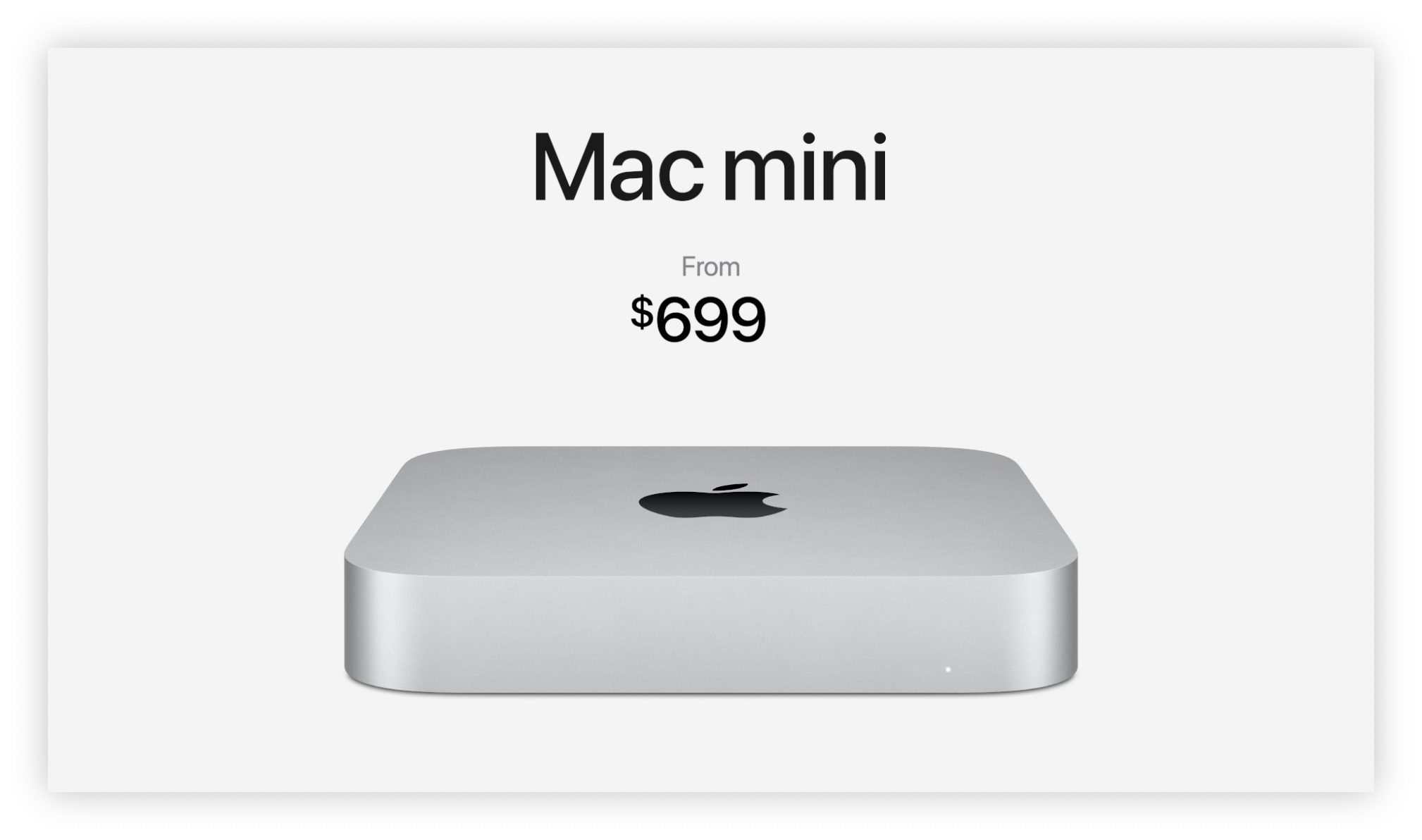
Previously, the Mac mini started at $799. The new M1 Mac mini now starts at $699, which is cheaper than its previous iterations. This brings it down to a more reasonable price for those who want to pick up a Mac mini, but the upgradeable configurations can bump the price up by quite a bit, depending on your needs.
The new MacBook Air and MacBook Pro still have 720p cameras
During the event, Apple claimed that the M1 SoC would have improvements to image signal processing, so you get higher quality video with better noise reduction, greater dynamic range, and improved auto white balance. However, it seems that all of this is done through software because the MacBook Air and MacBook Pros with M1 still have a FaceTime camera with 720p resolution. So if you were holding out for a 1080p FaceTime camera, that's not happening just yet. But the M1 processor sounds like it will greatly improve the image quality captured with that 720p camera, so it's a start.
Apple silicon paves the way for the future of Macs
Even though the "One More Thing" event was short and only discussed the Apple silicon M1 SoC and a few Macs, there was a lot of information to digest. These are a few of the things you may have missed from the event, but they are pretty important.
Are you excited about Apple silicon Macs? Did you order a new MacBook Air, MacBook Pro, or Mac mini? Let us know in the comments!
Christine Romero-Chan was formerly a Senior Editor for iMore. She has been writing about technology, specifically Apple, for over a decade at a variety of websites. She is currently part of the Digital Trends team, and has been using Apple’s smartphone since the original iPhone back in 2007. While her main speciality is the iPhone, she also covers Apple Watch, iPad, and Mac when needed. When she isn’t writing about Apple, Christine can often be found at Disneyland in Anaheim, California, as she is a passholder and obsessed with all things Disney, especially Star Wars. Christine also enjoys coffee, food, photography, mechanical keyboards, and spending as much time with her new daughter as possible.

